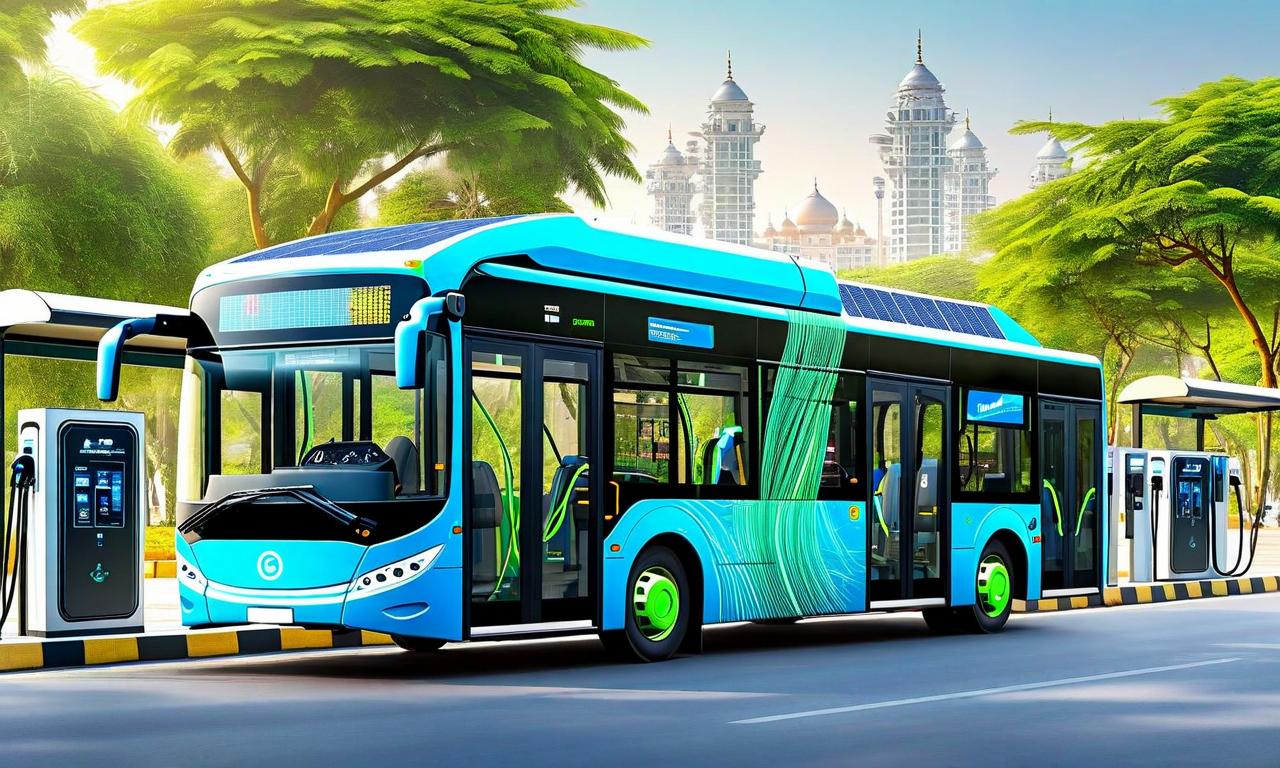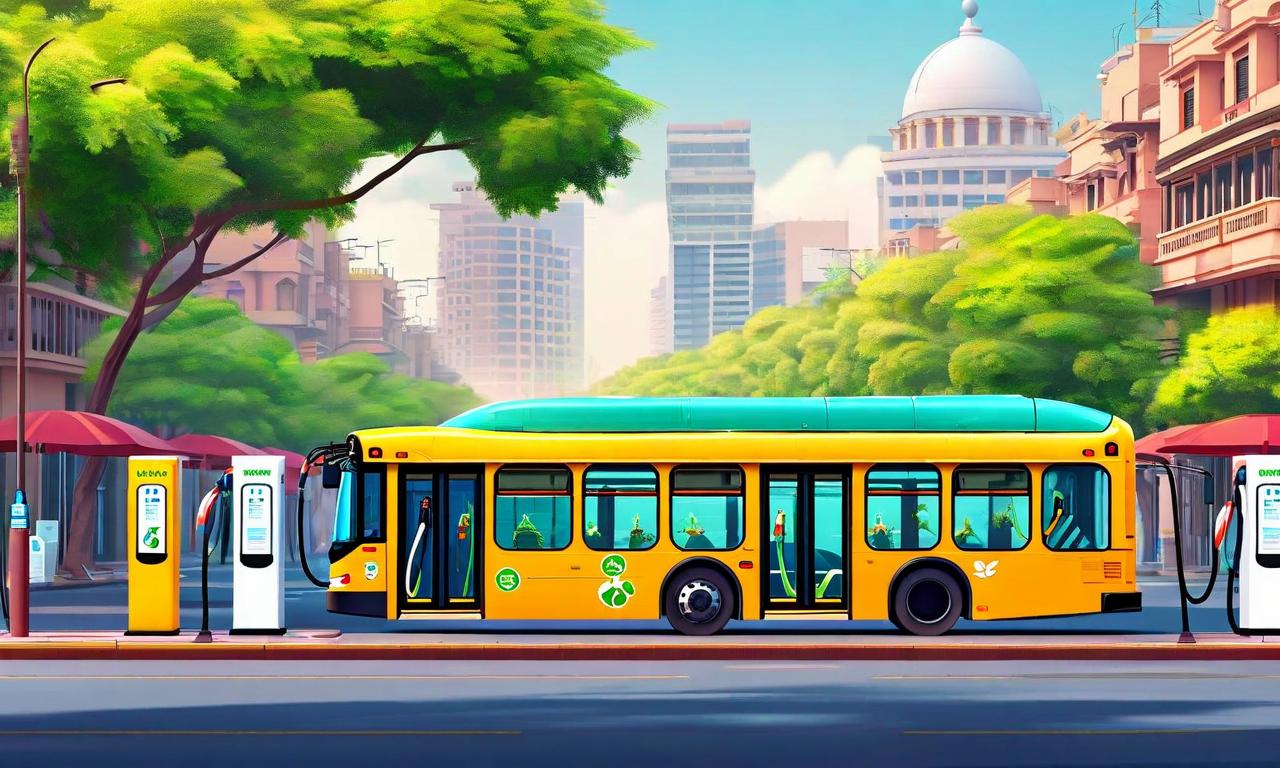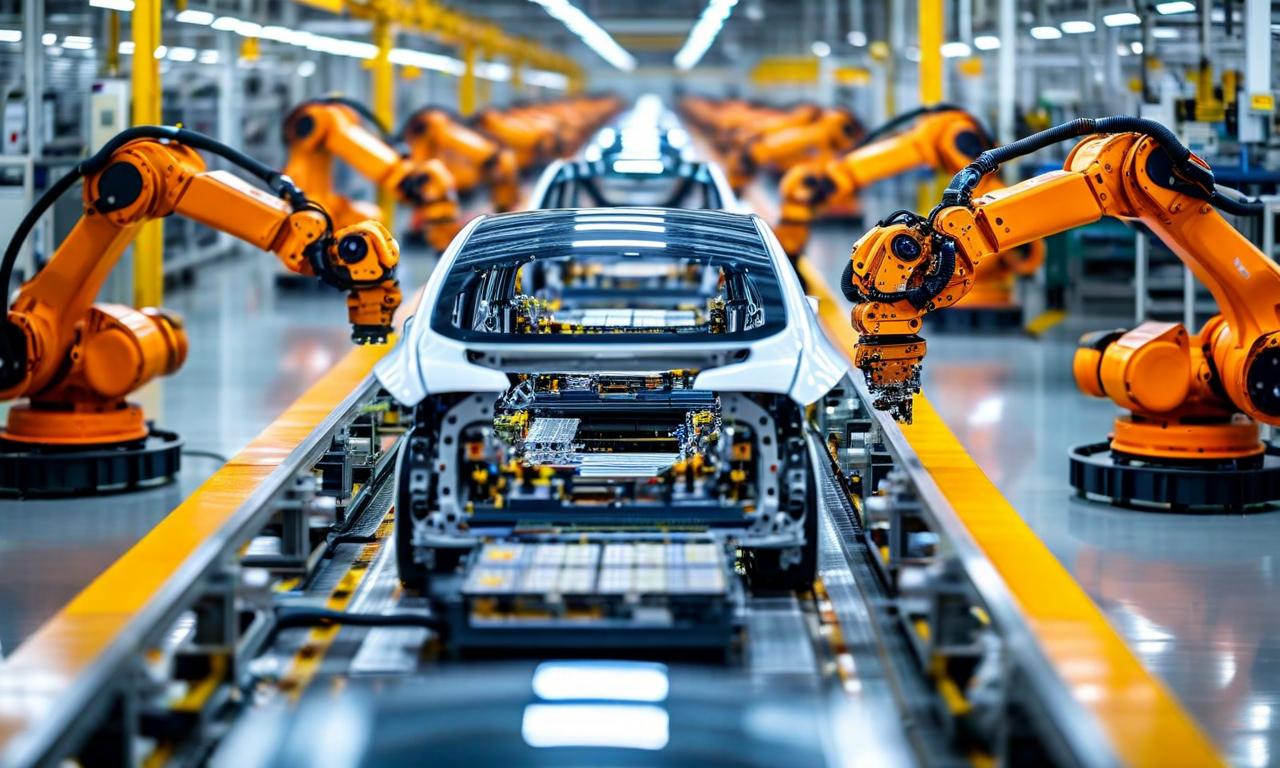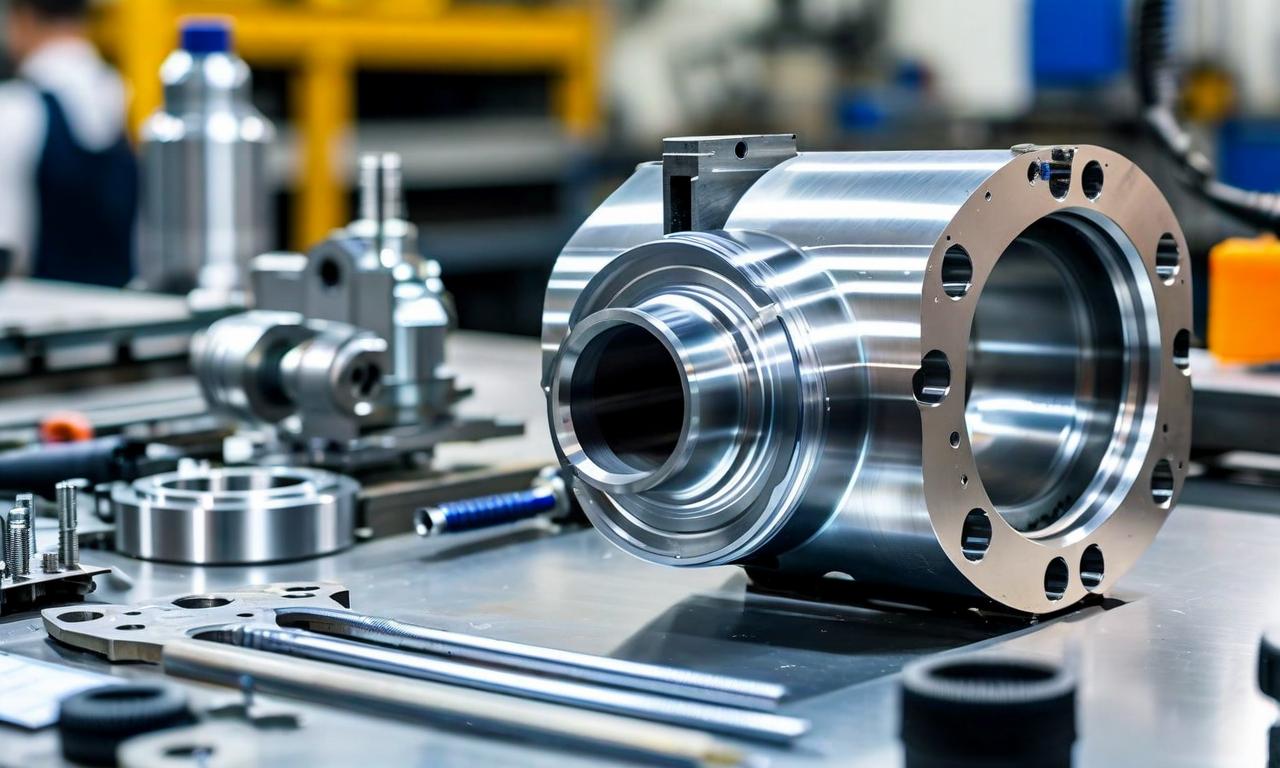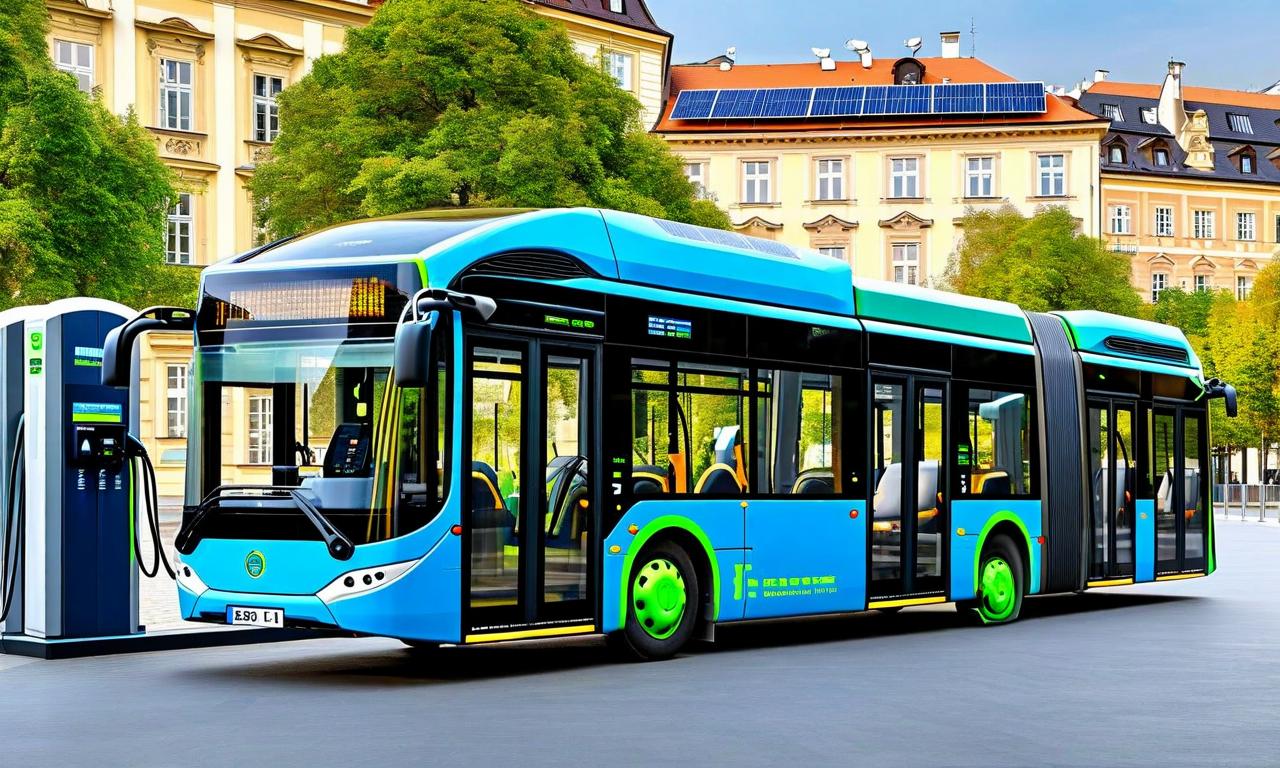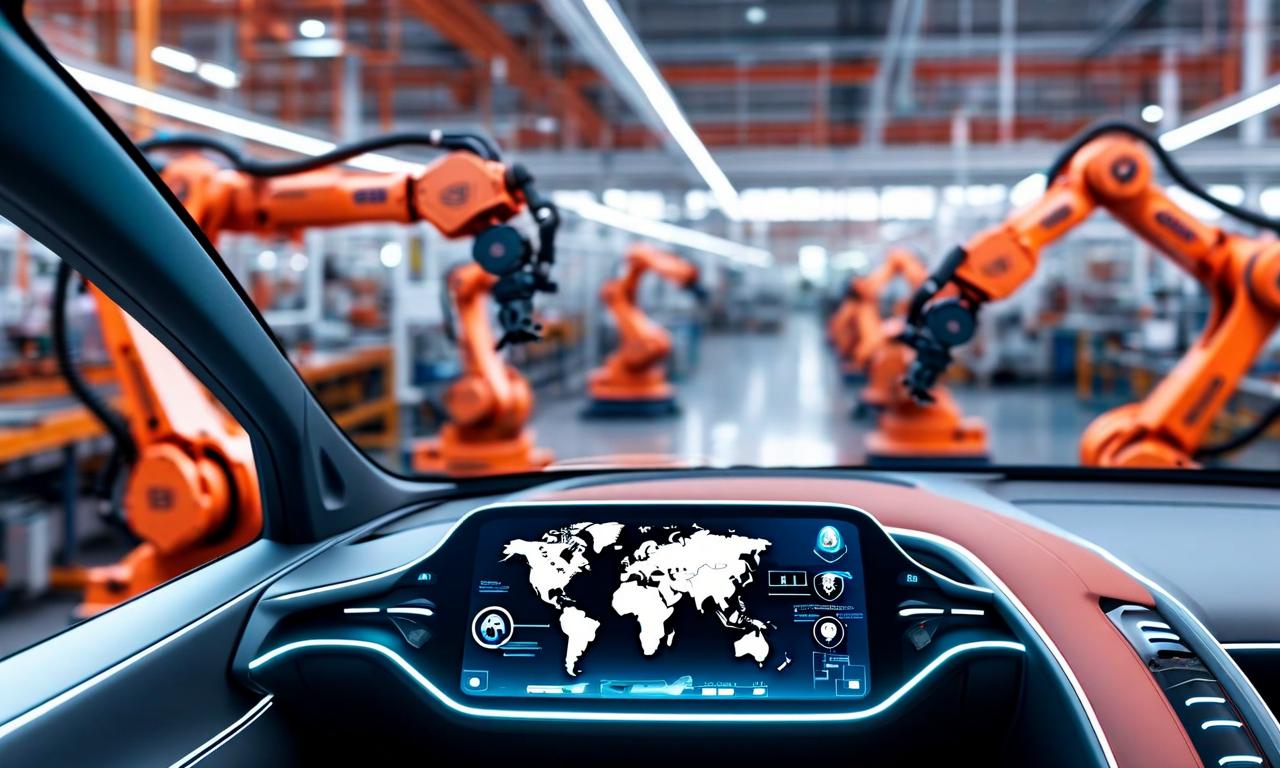JBM Ecolife Mobility Secures $100 Million Investment from IFC for Electric Bus Expansion
JBM Auto's subsidiary, JBM Ecolife Mobility, has raised $100 million from the International Finance Corporation (IFC) to expand its electric bus operations. The investment aims to scale up the deployment of electric buses, potentially leading to an expanded fleet, enhanced infrastructure, and technological advancements in the sector. This move aligns with global efforts towards cleaner and more sustainable public transportation systems.
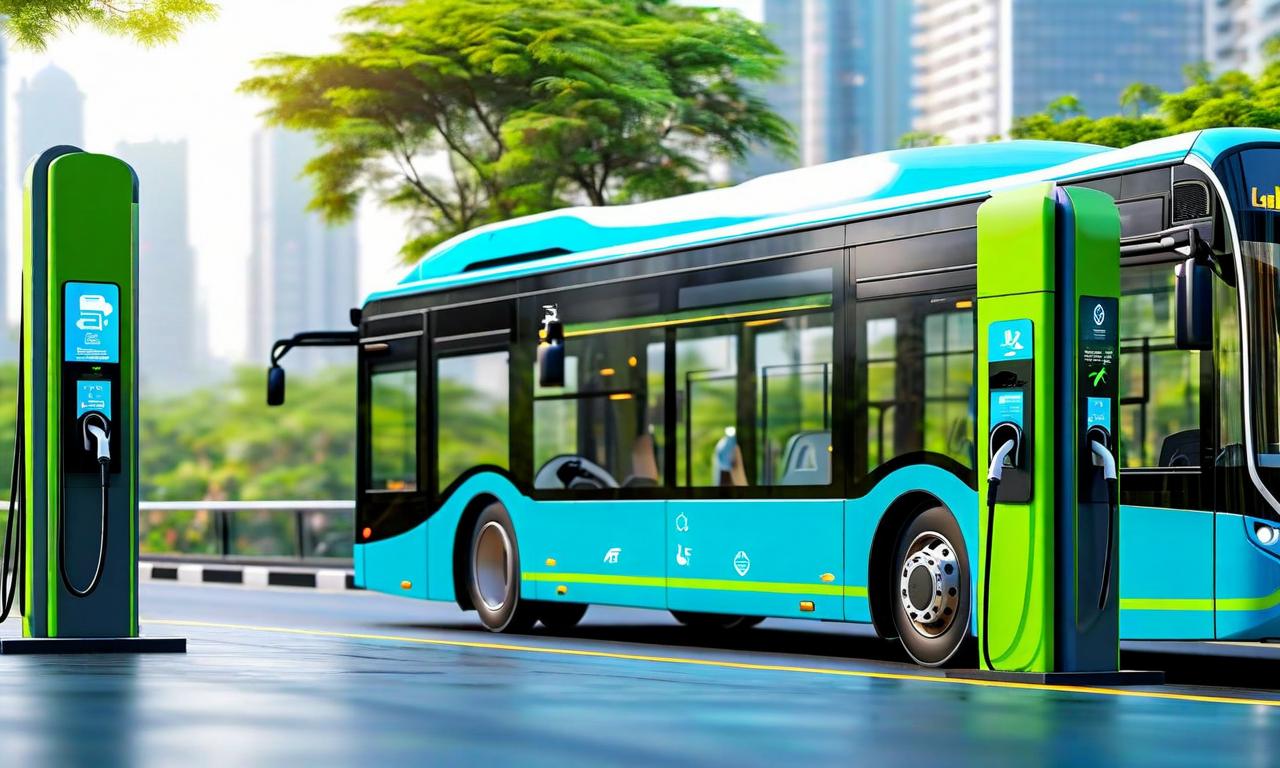
*this image is generated using AI for illustrative purposes only.
JBM Auto , through its subsidiary JBM Ecolife Mobility, a key player in the electric vehicle sector, has announced a significant boost to its e-bus operations with a substantial capital infusion from the International Finance Corporation (IFC). The company has successfully raised $100.00 million, marking a major milestone in its journey towards sustainable transportation solutions.
Strategic Investment for Green Mobility
The $100.00 million investment from IFC, a member of the World Bank Group, is earmarked specifically for scaling up the deployment of electric buses in JBM Ecolife Mobility's operations. This move aligns with the global push towards cleaner and more sustainable public transportation systems.
Implications for Electric Bus Market
This capital injection is expected to have far-reaching implications for the electric bus market in India:
- Expanded Fleet: The funding will likely result in a significant increase in the number of electric buses manufactured and deployed by JBM Ecolife Mobility.
- Enhanced Infrastructure: Part of the investment may be directed towards developing supporting infrastructure, such as charging stations, crucial for the widespread adoption of electric buses.
- Technological Advancements: The capital could fuel research and development efforts, potentially leading to improvements in battery technology, range, and overall performance of electric buses.
IFC's Commitment to Sustainable Transportation
The International Finance Corporation's decision to invest in JBM Ecolife Mobility underscores its commitment to supporting green initiatives and sustainable development. This investment is part of IFC's broader strategy to promote clean energy and reduce carbon emissions in developing countries.
Looking Ahead
As JBM Ecolife Mobility gears up to utilize this substantial investment, the Indian electric vehicle market, particularly in the public transportation sector, is poised for significant growth. The company's expansion plans, backed by IFC's financial support, could play a crucial role in accelerating the adoption of electric buses across the country, contributing to reduced urban air pollution and lower carbon emissions in the transportation sector.
This development marks a significant step forward in India's journey towards sustainable and eco-friendly public transportation, with JBM Ecolife Mobility at the forefront of this green revolution in mobility.
Historical Stock Returns for JBM Auto
| 1 Day | 5 Days | 1 Month | 6 Months | 1 Year | 5 Years |
|---|---|---|---|---|---|
| -0.33% | -2.44% | -1.63% | -3.79% | -0.74% | +601.49% |

